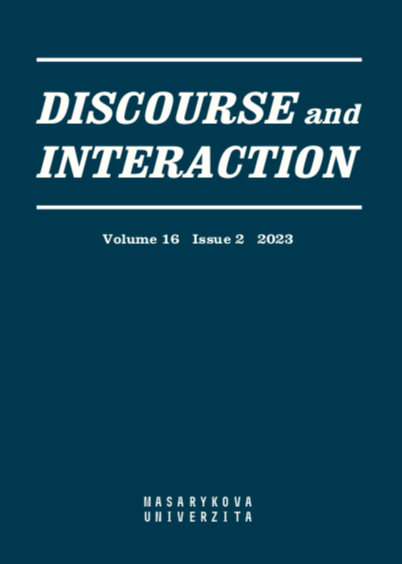Refusal and politeness strategies favoured among Iraqi and Malaysian learners in marriage proposals
Refusal and politeness strategies favoured among Iraqi and Malaysian learners in marriage proposals
Author(s): Tabarek Ali Qassim, Nawal Fadhel Abbas, Hooi Chee MeiSubject(s): Language and Literature Studies, Foreign languages learning, Applied Linguistics, Syntax, Language acquisition, Pragmatics, Sociolinguistics, Stylistics
Published by: Masarykova univerzita nakladatelství
Keywords: politeness; refusal; social distance; social status; marriage proposals
Summary/Abstract: The study targets exploring the similarities and differences between Iraqi and Malaysian learners of English in refusing marriage proposals. Also, it examines the favored politeness strategies that learners use to protect their interlocutors’ face, heeding both their social distance and status. Data were gathered by a Discourse Completion Task (DCT) which contained six marriage situations. Responses were analyzed based on Beebe et al.’s (1990) refusal taxonomy and Scollon et al.’s (2012) politeness system. The findings indicated that both the Iraqi and Malaysian learners preferred the indirect refusal strategies in marriage proposals, as well as the hierarchical politeness in the form of independence strategies regardless of the social status and distance between interlocutors. However, they differed in the sort of indirect strategies most frequently utilized. The Iraqi learners favored reason, regret, and non-performative statements, whilst the Malaysian learners preferred regret, non-performative statements, and reason.
Journal: Discourse and Interaction
- Issue Year: 16/2023
- Issue No: 2
- Page Range: 29-50
- Page Count: 22
- Language: English

